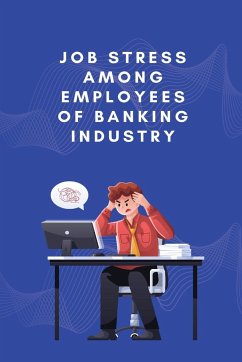Stress is caused by an imbalance between the demands upon an individual and the ability to cope with those demands. The demands are perceived as challenges which may arise from either external or internal sources. Individuals have their own personal beliefs that influence their attitudes and actions against such perceived or real threats. In other words, it is apparent that individuals differ from each other in their responses to stressful events in their lives. Organizational stressors are factors in the workplace that can cause stress. The four general sets of organizational stressors are task demands, physical demands, role demands and interpersonal demands. Stress-related problems include mood disturbance, psychological distress, sleep disturbance, upset stomach, headache, and problems in relationships with family and friends. The effects of job stress on chronic diseases are more difficult to ascertain because chronic diseases develop over a relatively long period of time and are influenced by many factors other than stress. Nonetheless, there is some evidence that stress plays a role in the development of several types of chronic health problems including cardiovascular disease, musculoskeletal disorders, and psychological disorders. Banks are considered to be the nerve centre of an economy and the barometer of its economic perspective. The Indian banking structure consists of a heterogeneous mix of indigenous banks, the public sector and private sector commercial banks, new generation banks, foreign banks at base layers, the highly developed State Bank of India at its middle layer, and the State-owned Central Bank 'The Reserve Bank of India' at the apex.
Hinweis: Dieser Artikel kann nur an eine deutsche Lieferadresse ausgeliefert werden.
Hinweis: Dieser Artikel kann nur an eine deutsche Lieferadresse ausgeliefert werden.








